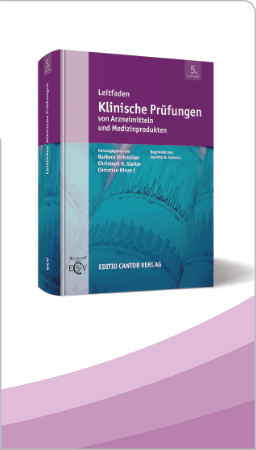Business Process Management in Forschung und Entwicklung in der Pharmaindustrie Dr. Jochen König1 und Christoph Piller2 1 IDS Scheer AG*, Saarbrücken, 2 IDS Scheer AG*, München Increasing costs for research and development while new drug approvals are stagnating are at the centre of the discussion concerning the future of the pharmaceutical industry. Patent protection expiry for many of the current blockbuster products and pricing pressure imposed by payers and national agencies additionally force companies to boost efficiency and effectiveness in all parts of their business, including research and development.
Transparent and agile processes are key elements to increased efficiency. Pivotal in this context is carefully retaining room for free innovation and creative science. Efficiency gains, however, can be extracted from routine and standard processes supporting innovation.
Eminent opportunities are to be found among central technology services and administration processes. In addition, the further a drug development project advances the higher is the fraction of highly standardized and regulated tasks amenable to optimisation. Recent approaches like Quality by Design combine an increased flexibility for improving established regulated processes with stricter requirements with respect to process maturity and robustness governing such changes. This makes active process management a fundamental part of this approach. | 



